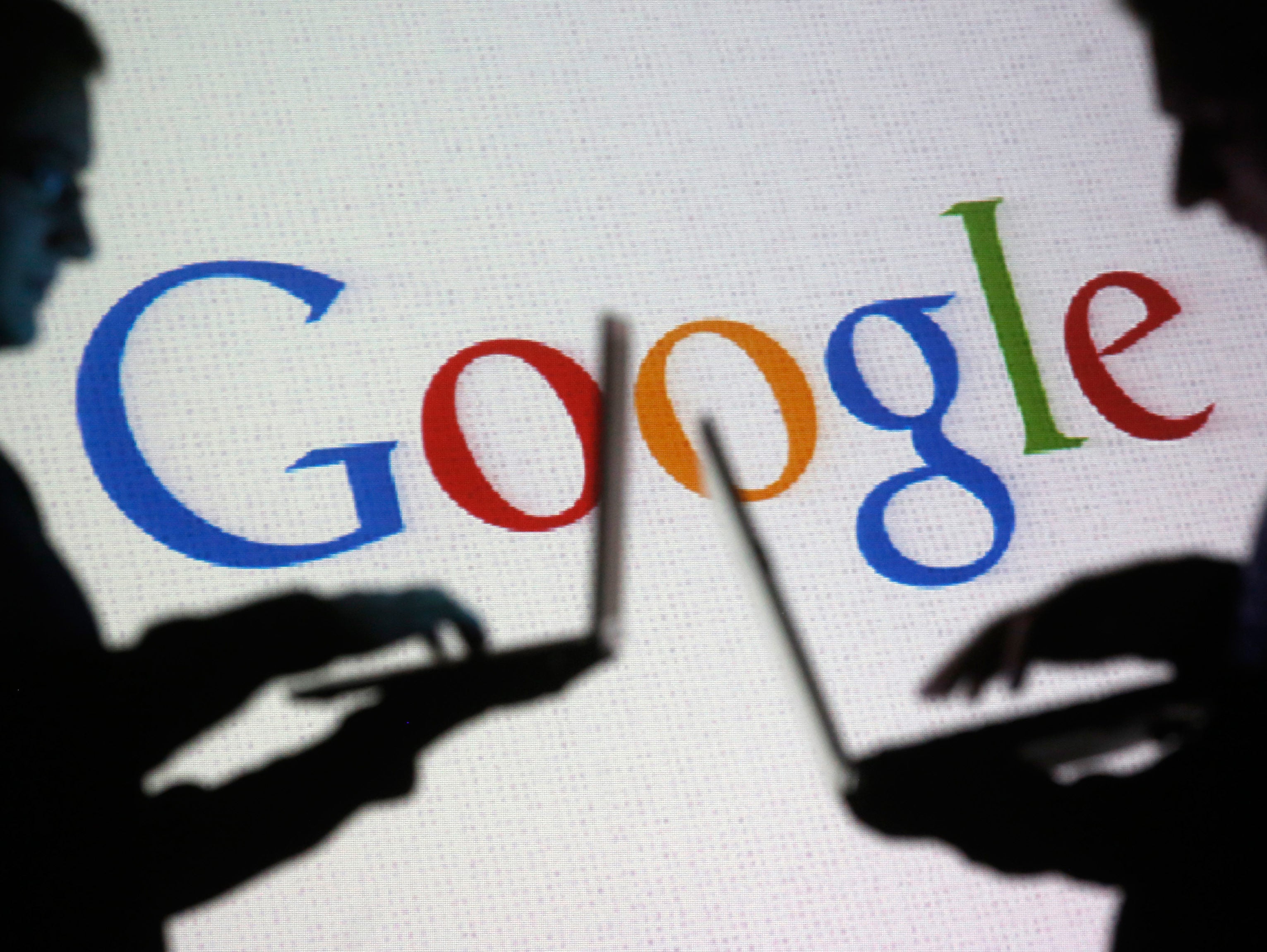
Google says it will start paying selected publishers for “high-quality content” for the first time when it launches a new licensing programme launching later this year.
The media and tech giant has already signed up local and national publications in Germany, Australia and Brazil to use the first version of the new product.
Google said in a blog that the launch would “help participating publishers monetise their content through an enhanced storytelling experience that lets people go deeper into more complex stories, stay informed and be exposed to a world of different issues and interests”.
For publications with paywalls that want to sign up, Google said it would pay for free access for users to read their articles to help them grow their audiences.
Press Gazette understands the company drew up a list of publishers that produce quality coverage on issues that matter to communities and have significant reach within their market.
The intention is not to be an exhaustive list of publishers in each country, but representative and as diverse as possible although with a special focus on local sites.
It has not specified how many nor when it could come to the UK, US or elsewhere but it is understood more countries can be expected in the coming months.
The first publishers on board include Solstice Media in Australia, which owns local sites like InDaily, the publisher of German news magazine Der Spiegel, and Brazilian regional media company Diarios Associados.
The tech giant has not divulged how much money is being put into the new scheme.
Google parent company Alphabet reported total revenues of $41.2bn for the first three months of 2020, up 13 per cent on the same period last year despite taking a hit when the coronavirus crisis began in March. Most of the company’s revenue comes from advertising.
Press Gazette began to campaign for Google and Facebook to give publishers a fairer deal in 2017, repeatedly highlighting serious concerns that its dominance of the advertising market.
The plan to launch first in Australia comes just a month after Mel Silva, Google Australia’s managing director and vice president, dismissed a suggestion that tech platforms should be forced to pay publishers AU$600m or more a year.
She said the value Google derives from news content in Australia is “very small” and suggested news publishers “are likely to derive far more cross-content benefit than they generate” for Google.
Back in 2014, Google News chose to shut down in Spain rather than comply with a new law which would have forced it to pay publishers if it displayed their links and headlines.
More recently, French authorities told Google it was abusing its dominant market position by taking away snippets of news articles so it didn’t have to pay for them. The company was told instead to negotiate with French publishers to fairly remunerate them for the use of their content.
Just this week US news publishers accused Google of using online market dominance to “strong-arm” them into unfavourable content agreements.
They want a Journalism Competition & Preservation Act to be passed, allowing news publishers to collectively negotiate better terms with tech platforms.
Google today pointed to the money it has already put into the news industry worldwide, saying it was “committed to playing our part to support news businesses”.
It pointed to the $300m Google News Initative which launched in 2018 “to help build a more sustainable future for news” and said it sends people to news websites more than 24bn times a month.
And it said that since the Covid-19 put “new and unimagined pressures on the news industry”, it had helped alleviate immediate financial concerns by giving funding to 5,300 local publishers through a Journalism Emergency Relief Fund, waiving ad-serving fees for publishers for five months, and contributing $15m to a Support Local News campaign in the US and Canada.
Picture: Reuters/Dado Ruvic/File Photo
Email pged@pressgazette.co.uk to point out mistakes, provide story tips or send in a letter for publication on our "Letters Page" blog
